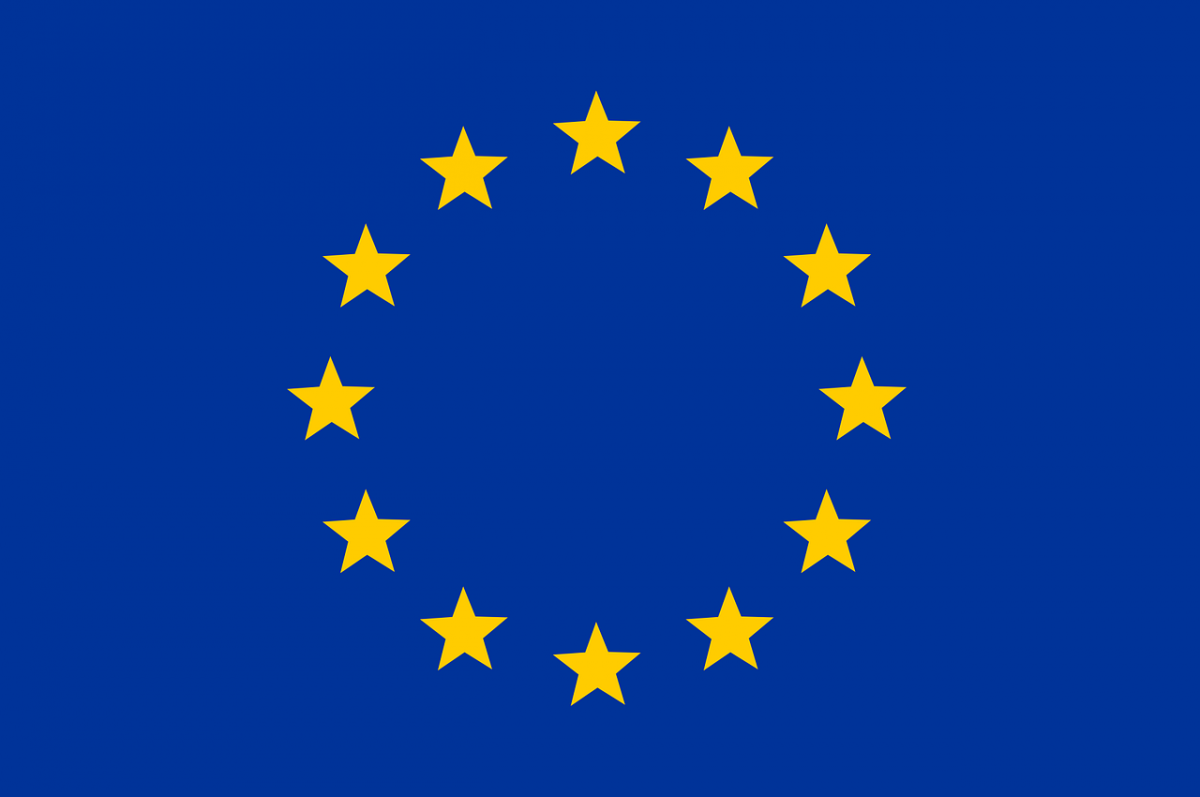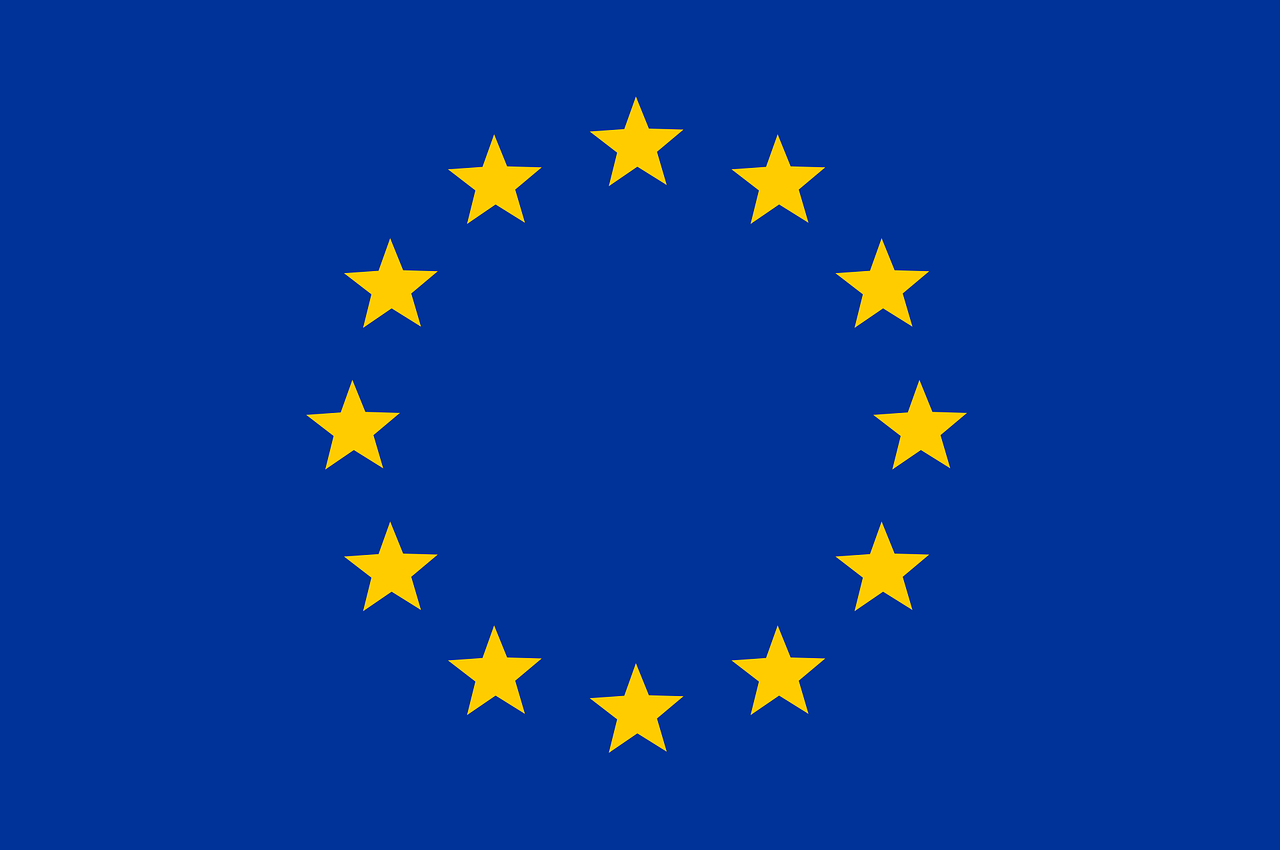
A few months ago, in previous articles, we mentioned the sale by Internet Society of Public Interest Registry (PIR), the .ORG registry, to Ethos Capital, a private equity firm.
The .ORG is the reference extension for non-profit organizations and the .ORG registry represents more than 10.5 million domains. For reminder, the announcement of the sale of the registry caused several concerns in the NGO community.
In front of these many complaints, ICANN had already postponed the approval of the .ORG registry’s sale to Ethos Capital and requested additional information from Internet Society.
Further postponement of the .org registry’s sale after the intervention of the Attorney General of California
On Thursday 16 April, when the ICANN Board was to decide whether or not to approve the sale of the registry, it was finally decided at that meeting, to postpone it again until 4 May 2020. This fourth postponement was caused by a letter received the day before from California’s Attorney General, Xavier Becerra, asking ICANN to reject the sale. He explains that it “raises serious concerns that cannot be overlooked“.
“Empowering a for-profit entity that could undermine the accessibility and affordability of the .org domain, which serves nonprofits, should concern all of us” the Attorney General’s office told The Register.
The secret nature of Ethos Capital is a source of concern
In his letter, the Attorney General expressed several concerns about the transaction, including the secret nature of the proposed buyer, Ethos Capital: “Little is known about Ethos Capital and its multiple proposed subsidiaries“. Ethos Capital is criticized for its unusual corporation structure (the purchase involves six different companies, all of which were registered on the same day in October 2019) and its lack of transparency regarding its future plans.
In its notice published last Thursday, ICANN affirms having listened to the community and having demanded greater transparency and more guarantees from PIR. According to the organization, the Attorney General’s letter does not take into account the recent work that PIR has done regarding Public Interest Commitments, to make the entity more responsible to the community. ICANN requested PIR to strengthen these commitments, and a draft of the revised Public Interest Commitments has been provided to ICANN.
ICANN’s behavior and Internet Society criticized
ICANN has also been subject to a number of criticisms during the entire process, particularly as it appeared that the organization’s staff was pushing for approval of the transaction despite near universal opposition to it from the Internet community.
In addition, early last week, ICANN’s founding CEO Michael Roberts and original Board Chair Esther Dyson wrote a letter to Xavier Becerra criticizing the transaction and accusing their successors of abandoning ICANN’s core principles.
According to the Attorney General, this transaction will have an impact on ICANN’s reputation given the way the organization has handled the situation.
Not only ICANN and Ethos have been criticized by the Attorney General’s office, Xavier Becerra also blames the Internet Society for proposing the sale of the .ORG registry to Ethos Capital: “ISOC purports to support the Internet, yet its actions, from the secretive nature of the transaction, to actively seeking to transfer the .ORG registry to an unknown entity, are contrary to its mission and potentially disruptive to the same system it claims to champion and support“.
Xavier Becerra’s letter does not threaten ICANN with action if it does approve the sale. However, it does indicate that the Attorney General of California holds significant authority over the organization and is prepared to act, particularly since this sale could affect hundreds of thousands of other non-profit organizations.
“Given the concerns stated above, and based on the information provided, the .ORG registry and the global Internet community – of which innumerable Californians are a part – are better served if ICANN withholds approval of the proposed sale and transfer of PIR and the .ORG registry to the private equity firm Ethos Capital. This office will continue to evaluate this matter, and will take whatever action necessary to protect Californians and the nonprofit community.”
In a notice published last Thursday, ICANN thus declared the postponement of its decision: “We have agreed to extend the review period to 4 May 2020, to permit additional time to complete our review.”
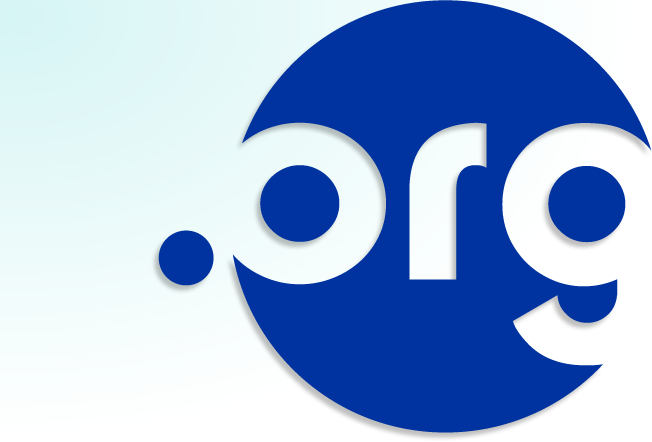
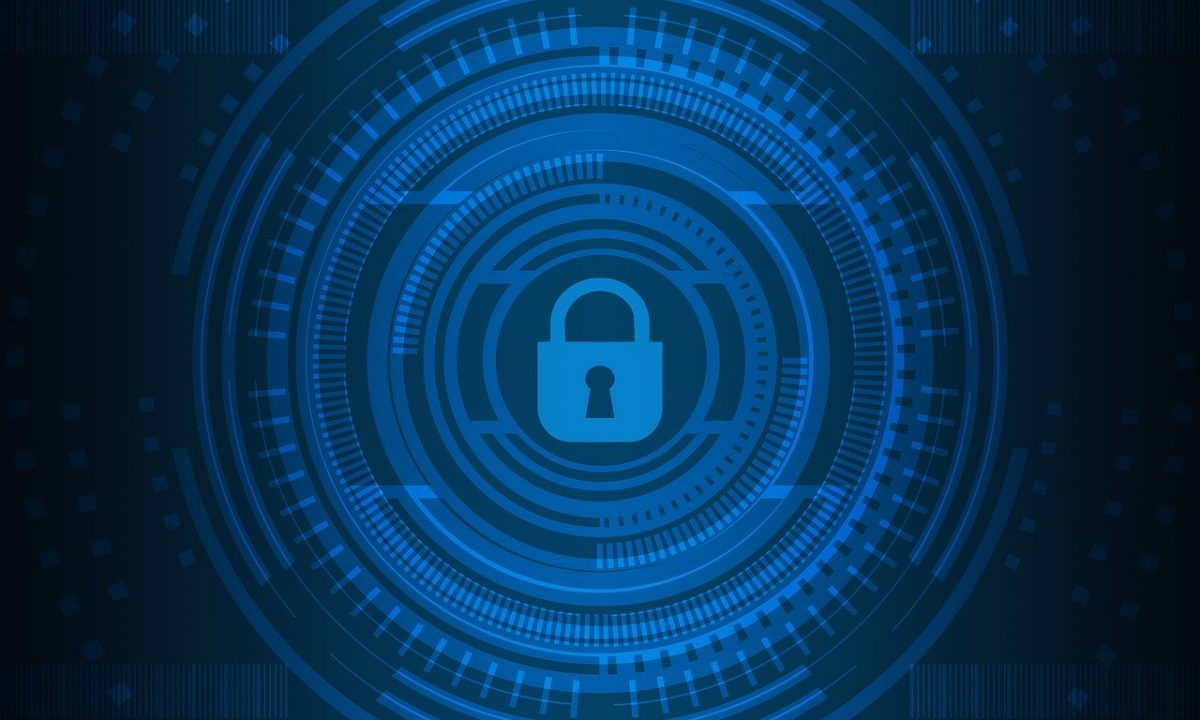
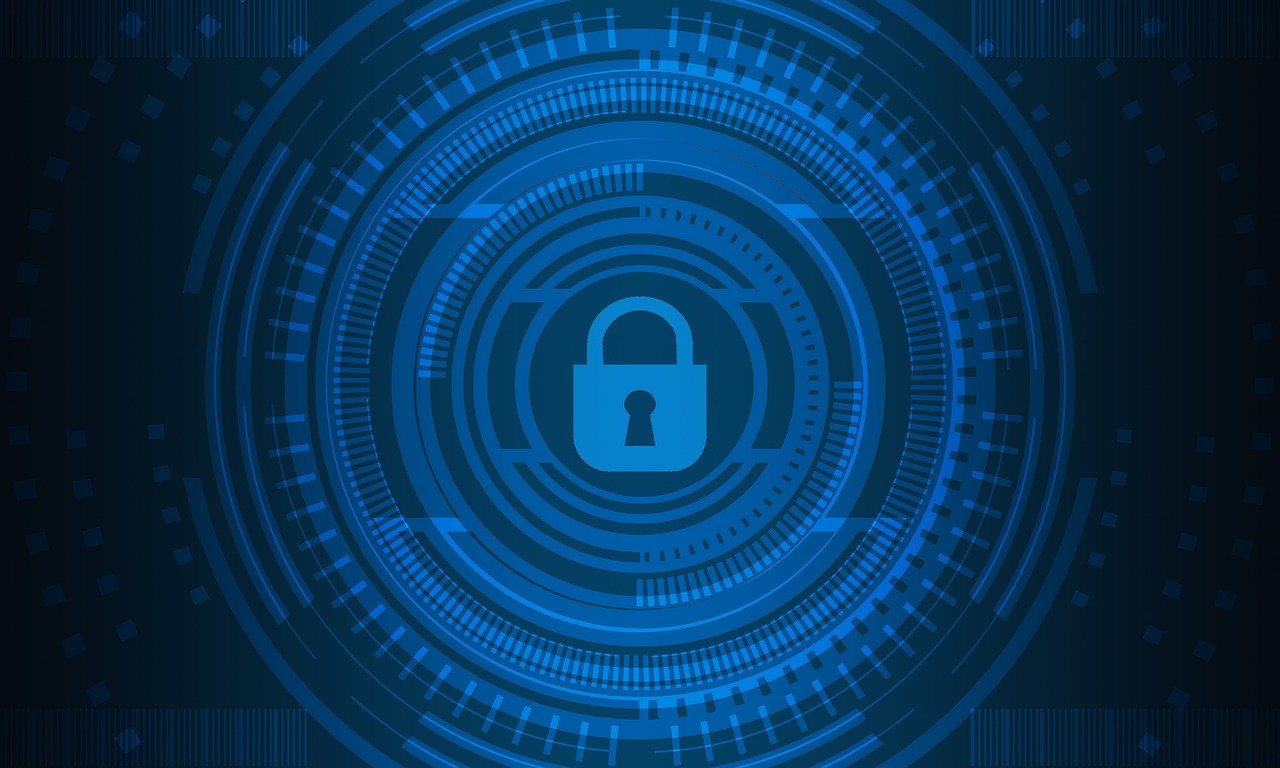


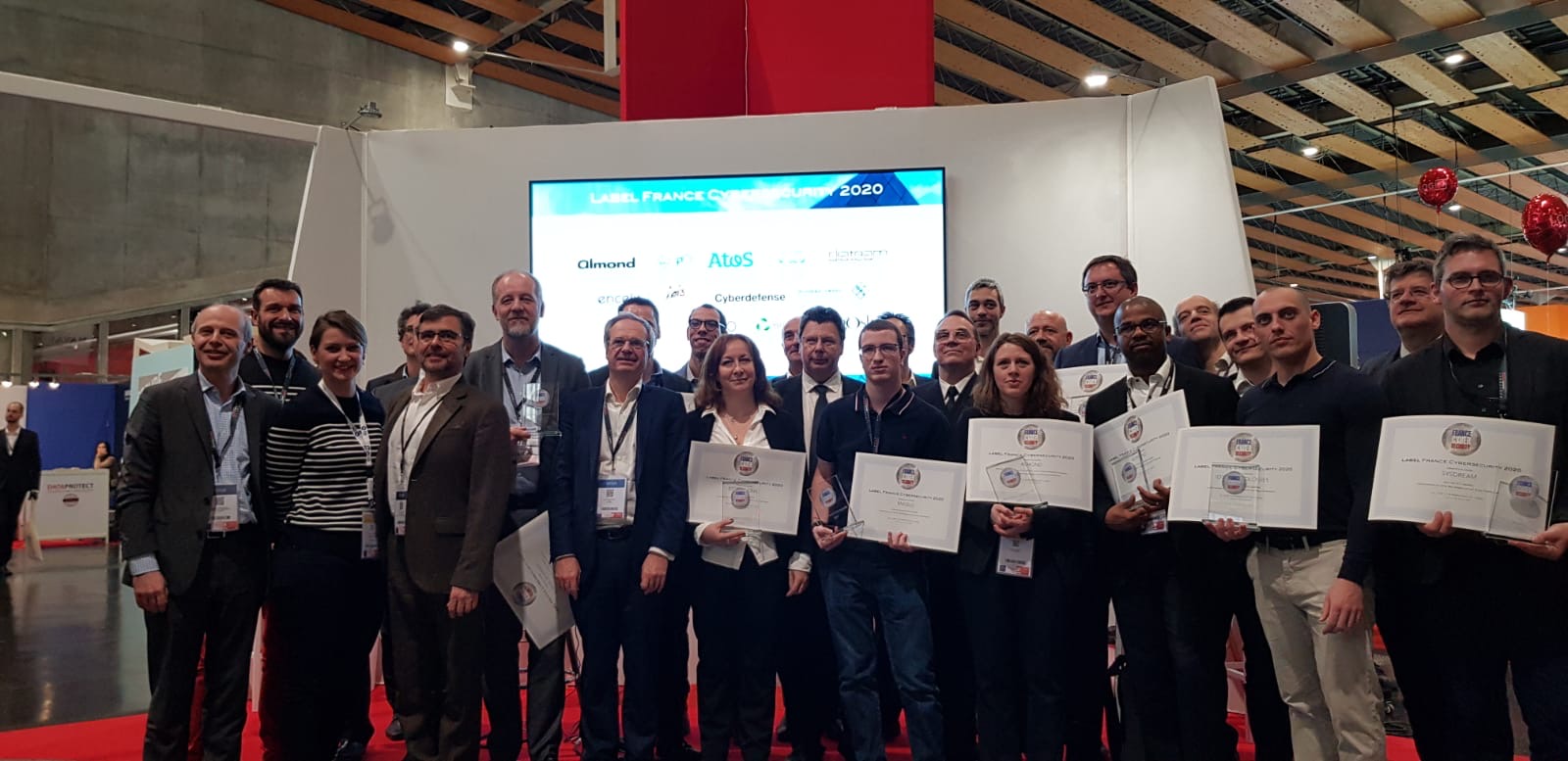
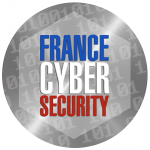
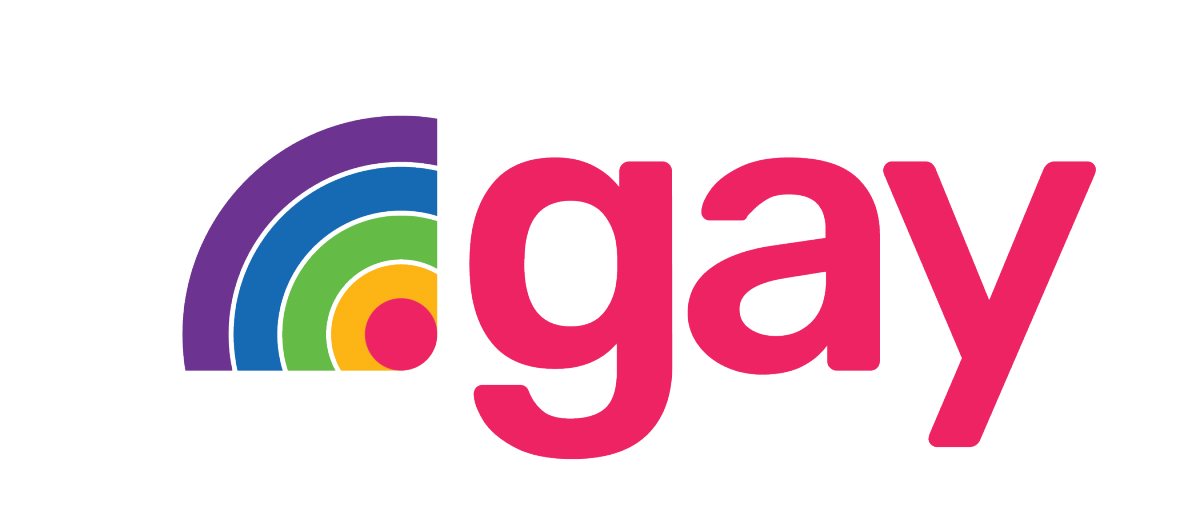
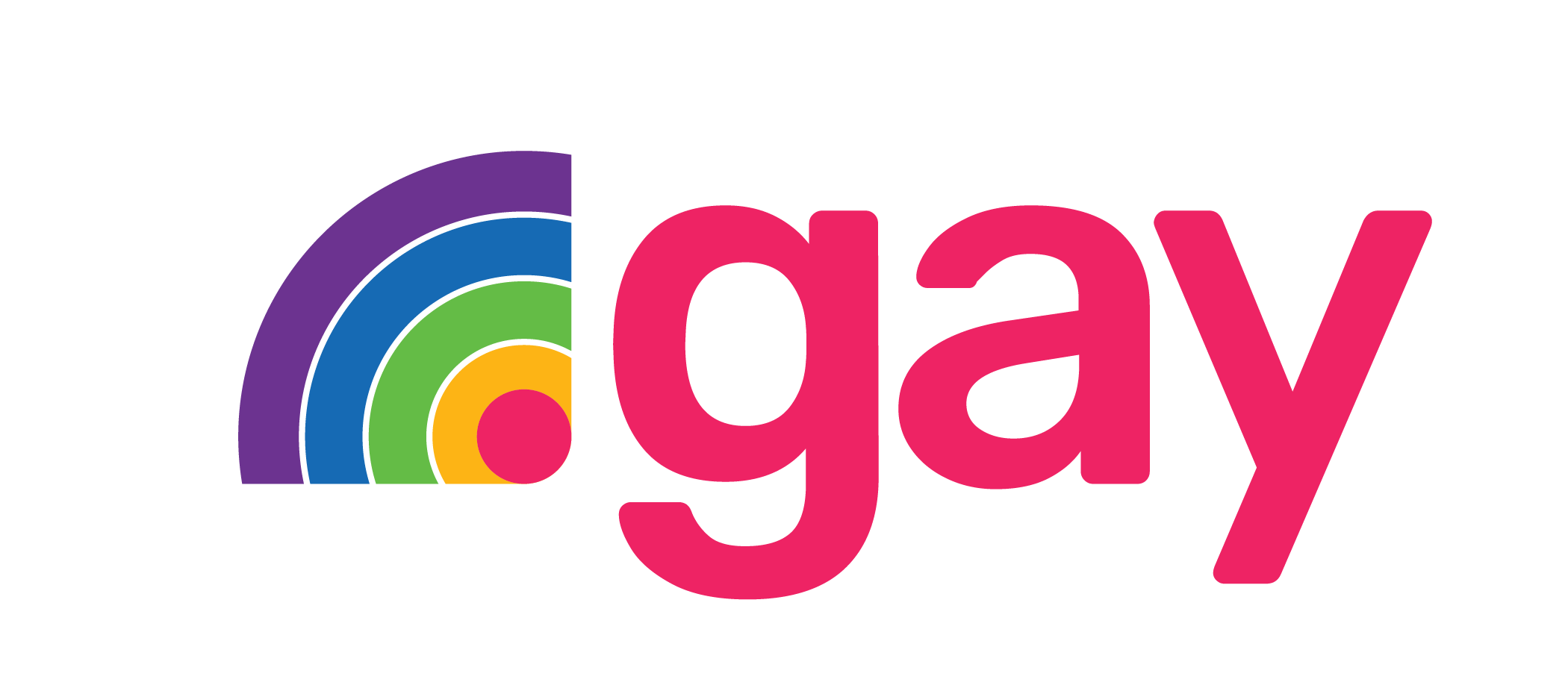




![[New gTLD] Launch of .NEW by Google](https://blog.nameshield.com/wp-content/uploads/2019/12/Sortie-du-.new-Google-1200x743.jpg)
![[New gTLD] Launch of .NEW by Google](https://blog.nameshield.com/wp-content/uploads/2019/12/Sortie-du-.new-Google.jpg)
